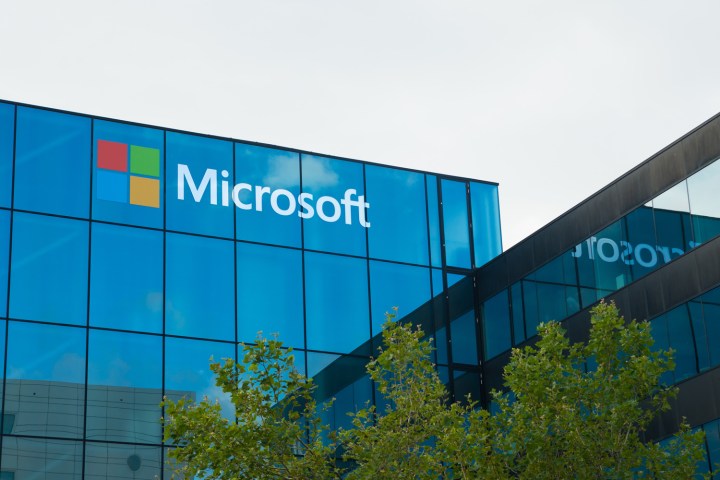
So what are the services? The most notable new services include Salesforce Chatter, the Disqus commenting service, Google Contacts, blogging platform Medium, and even WordPress, according to a Microsoft blog post. This should help make it much easier to automate actions on the web, especially, it seems, for bloggers.
And Microsoft isn’t forgetting about its own services — Flow will also now support three of Microsoft’s Azure public cloud, including Azure Resource Manager, Azure Queues, and DocumentDB NoSQL database.
The news is just the latest round of additions Microsoft has made to Flow. Just last month the company announced that services like Bitly, OneNote, and SurveyMonkey would be supported by the service. Plenty of other big services are already supported, too. Based on Microsoft’s website, we can see automated processes between services like Twitter, Google Docs, Dropbox, and more.
“Each template is designed for a specific purpose such as sending you a text message when your boss emails you, adding Twitter leads to Dynamics 365, or backing up your files. These templates are just the tip of the iceberg and are intended to inspire you to create flows that are customized to the exact processes that you need,” said Microsoft in its documentation for Flow.
Still, Flow is a relatively new service. It wasn’t until October that it was launched out of preview, and it was first introduced in April. Flow itself is available for customers of Microsoft’s Dynamics 365 and Office 365 Enterprise, Business Premium, and Essentials, on Android, iOS, and on the web.
Editors' Recommendations
- How Intel and Microsoft are teaming up to take on Apple
- Microsoft September 2023 event: Copilot, Surface Laptop Studio 2, and more
- Even Microsoft thinks ChatGPT needs to be regulated — here’s why
- Microsoft Surface event 2022: Surface Pro 9, Surface Laptop 5, and more
- Hackers can now take over your computer through Microsoft Word


